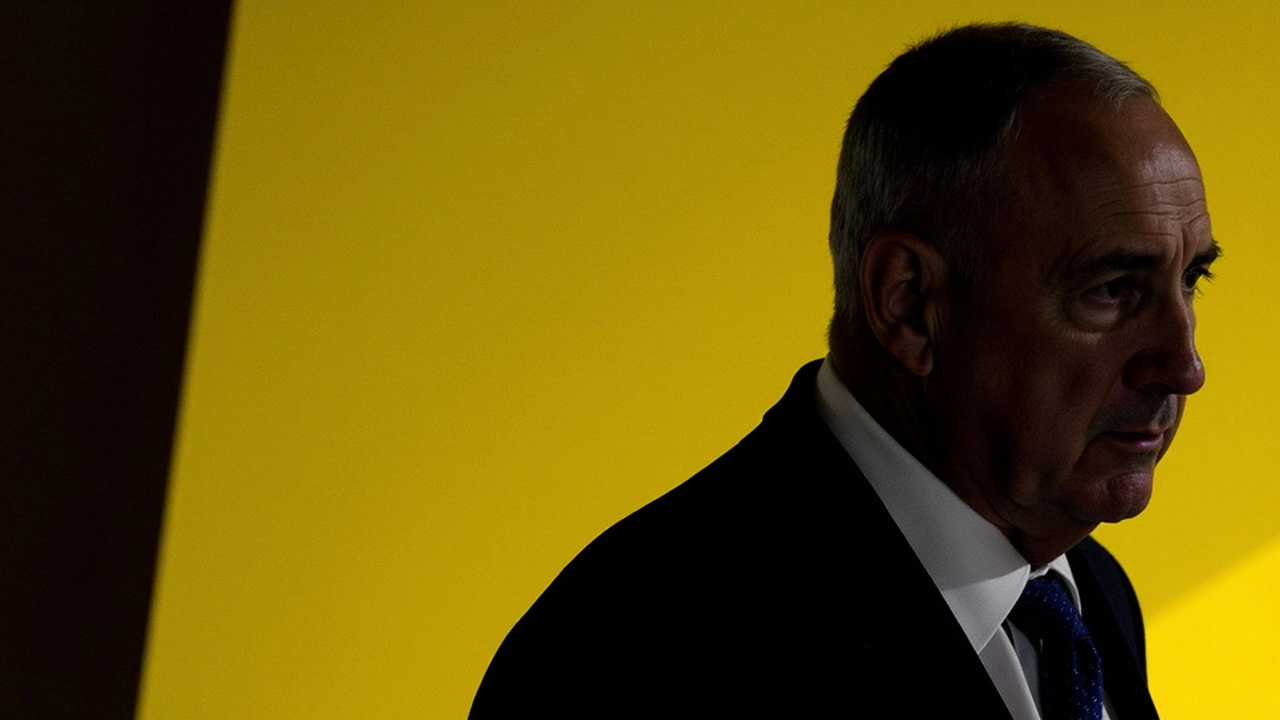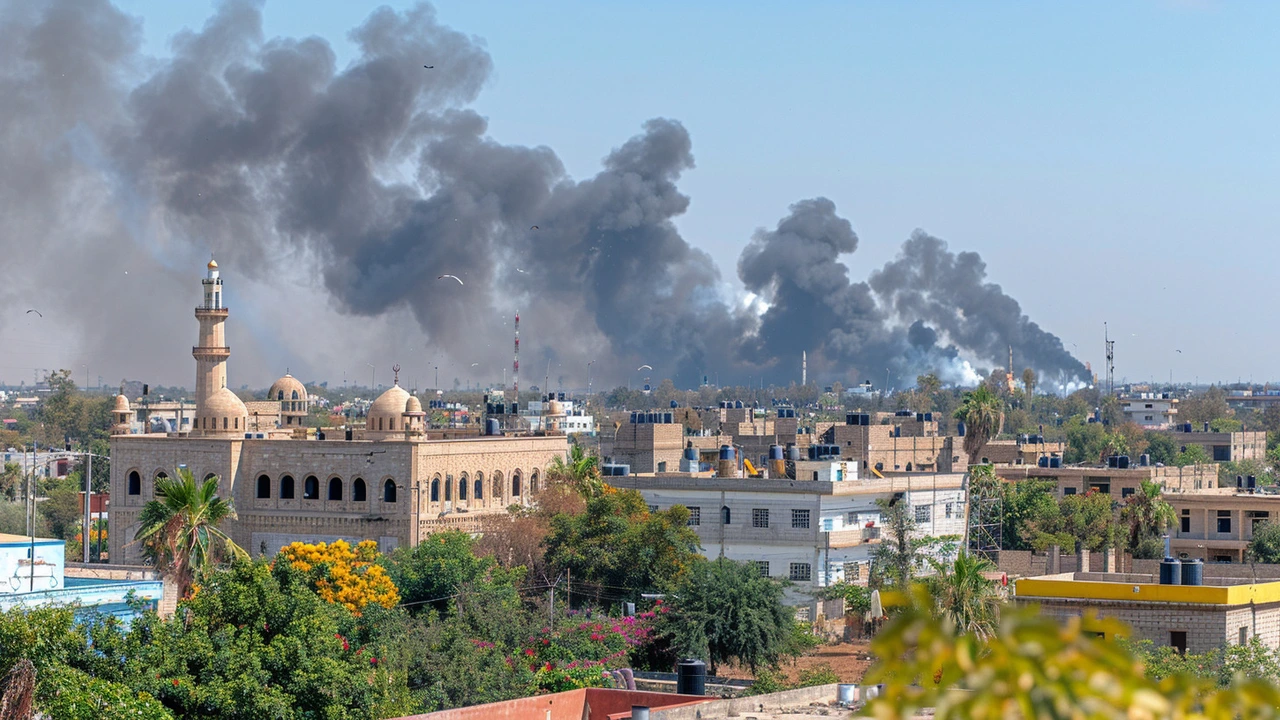Gaza conflict — what to know right now
The Gaza conflict changes fast and it can feel overwhelming. This page gives you a clear snapshot: who’s involved, what’s happening on the ground, the humanitarian toll, and how to follow verified updates without getting lost in headlines or social media noise.
At its simplest, the Gaza conflict involves Israeli forces and armed groups in Gaza. Civilian areas, infrastructure and basic services like water and power are often hit hard. That makes reliable information and verified sources more important than ever.
Latest developments and key facts
Fighting often moves quickly between frontlines, air strikes and rocket fire. Evacuations, damage to hospitals and shortages of food and medicine are common in intense periods. International actors — regional states, the UN and aid groups — frequently call for ceasefires or humanitarian pauses. Watch for official statements from those groups for context beyond battlefield claims.
Remember: numbers (casualties, displaced people, damaged buildings) can change daily as access improves and local agencies report. Treat initial figures as provisional until confirmed by multiple trusted sources.
How to follow reliable news and avoid misinformation
Use a mix of reputable international outlets, respected local reporters, and humanitarian agencies. Follow sources like the UN agencies (OCHA, UNRWA), major wire services, and locally based journalists who provide on-the-ground context. Avoid single-source posts on social platforms unless you can cross-check them quickly.
Look for: timestamps, direct photos or videos with geolocation or landmarks, named eyewitnesses, and statements from medical or aid groups. Be skeptical of anonymous screenshots, unverified clips, or posts that push a clear one-sided narrative without evidence.
When you see shocking images, check reverse image search tools or the reporting outlet’s verification notes. If a claim sounds extreme or fits a political agenda perfectly, pause and verify before sharing.
If you want regular updates, set alerts from multiple outlets rather than relying on one feed. That gives a broader picture and reduces bias from any single reporter or platform.
Thinking of helping? Donate to established humanitarian organizations that operate in the area and publish transparent reports on aid delivery. Avoid crowdfunding campaigns without clear credentials or local partners.
Travel advice: many governments issue travel warnings. If you have friends or family in the area, register them with your embassy and follow official safety channels. Don’t rely only on social posts for evacuation directions—use government and aid agency guidance.
The Gaza conflict affects real people on both sides. Staying informed responsibly — checking facts, listening to local sources, and supporting vetted relief groups — helps you understand the situation without spreading harm.
If you want, I can suggest a short list of trusted outlets and verification tools to follow. Want that list?

